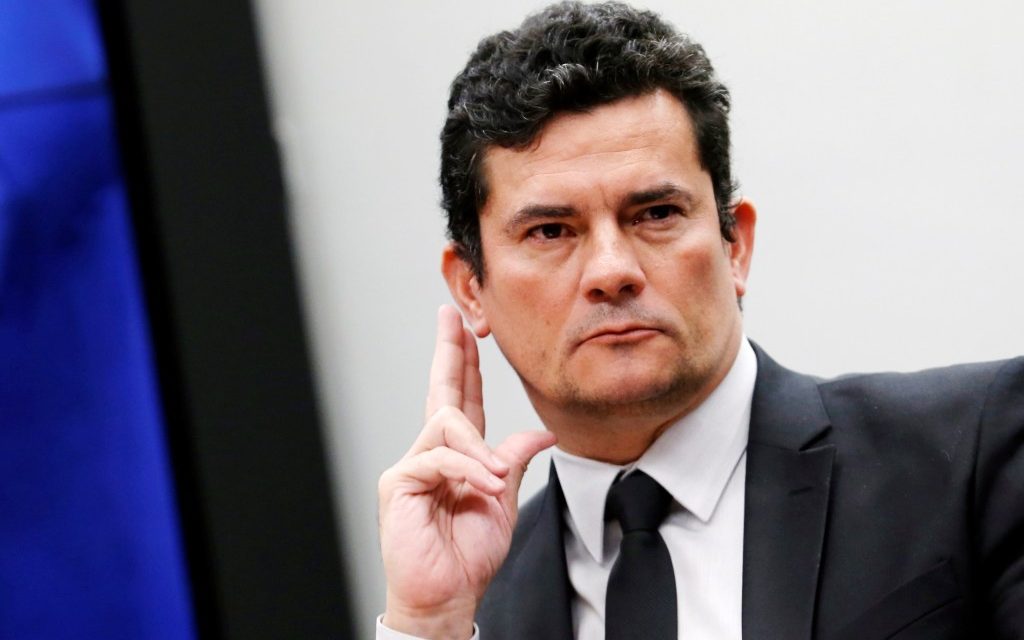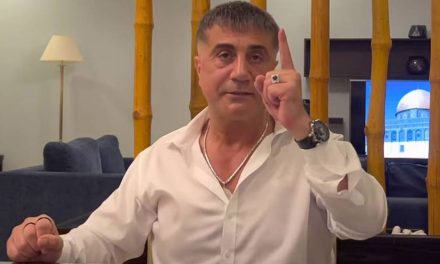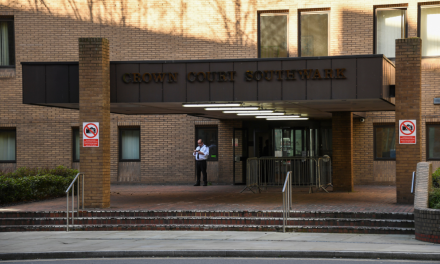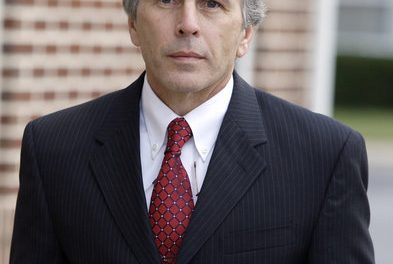19 June 2019
The Operation Car Wash lead prosecutor, Deltan Dallagnol and judge Sergio Moro have been highly acclaimed in Brazil and internationally as anti-corruption heroes. They have put hundreds of people behind bars in a major corruption investigation called ‘operation car wash’. The scandal involved pilfering of funds from the national oil company, Petrobras. Police estimated that $5billion have been misused by past presidents, ministers, industry leaders and executives. Many of these people have been investigated and sent to jail. Some money has been recovered. Judge and the prosecution team had been fearless in prosecuting the criminals. But their critics argue that they have abused and exploited their law enforcement powers with the politicized goal of preventing Luiz Inácio Lula da Silva from returning to the presidency and destroying his leftist Workers’ Party, or the PT.
Glenn Greenwald’s The Intercept, received a massive archive of previously undisclosed materials, including private chats, audio recordings, videos, photos, court proceedings, and other documentation, from an anonymous source. Glenn Edward Greenwald is an American journalist and author. He is best known for a series of reports published from June 2013 by The Guardian newspaper detailing the United States and British global surveillance programs, and based on classified documents disclosed by Edward Snowden. Wikipedia
The Intercept Brazil published reports showing highly controversial, politicized, and legally dubious internal discussions and secret actions by the Operation Car Wash anti-corruption task force of prosecutors, led by chief prosecutor Deltan Dallagnol, along with then-Judge Sergio Moro.
The Intercept accused current Minister of Justice, and then-presiding judge Sergio Moro of offering strategic advice to prosecutors, passing on tips for new avenues of investigation, and weighing in on the trial in secrecy and outside the courtroom. The Intercept said that judge Sergio Moro provided the prosecutors with advance knowledge of his decisions; offered constructive criticism of prosecutorial filings.
The disclosed materials even show that the prosecution themselves didn’t think there was enough evidence to convict Lula. But they pushed ahead because they knew that the overseeing judge wanted to convict him.
These sort of conduct by a judge, if true, is unethical and it violates the Judiciary’s Code of Ethics for Brazil. The judge is responsible for maintaining neutrality to guarantee a fair trial.
Finally, Moro ruled against Lula and rendered him ineligible to run in the 2018 presidential election at a time when he was the clear frontrunner, with an 87 percent approval rating.
In 2016, Moro and various media outlets disclosed private telephone calls between Lula and former President Dilma Rousseff, in which the two leaders discussed the possibility of Lula becoming a minister in Dilma’s government. Disclosure of those private calls was crucial in turning public opinion against the PT, helping to lay the groundwork for Dilma’s 2016 impeachment and Lula’s 2018 imprisonment.
This gave far-right Jair Bolsonaro a strong lead that resulted in his presidency win. After Bolsonaro won the presidency, he created a new ministerial position of unprecedented authority for judge Moro, to oversee an agency with consolidated powers over law enforcement, surveillance, and investigation previously interspersed among multiple ministries.
The Estado de S.Paulo newspaper published an interview with Moro, in which Moro said that he was not worried that the corruption conviction against Lula would be overturned. But legal experts including the Brazilian Bar Association and some Supreme Court Justices have said could happen.
Luiz Inácio Lula da Silva was sent to jail for receiving a beachside apartment from a construction magnate who obtained padded government contracts. The leaked material does not reveal anything to disprove the receipt of beachside apartment. For this reason, Lula’s situation may not change much. But the disclosure may lead to a review of the Operation Car Wash and some of the cases it prosecuted.
Lula’s champions have seized the opportunity on the leaks as confirmation that Moro was unfit to sit in judgment. The hacked messages do not show that Moro or any of the prosecutors fabricated evidence. On appeal, Lula’s conviction was upheld and his prison sentence, lengthened. And Brazil’s Supreme Court has repeatedly declined to vacate the ruling.
















Update 26 June 019
Brazil’s Supreme Court has delayed its decision over an appeal by former President Luiz Inácio Lula da Silva against his convictions for corruption. His lawyers argue that the judge who convicted him, Sergio Moro, was not impartial and had acted politically.
Judges also rejected a proposal that Lula be freed until they reach a verdict, which is now scheduled for August 2019. Editor